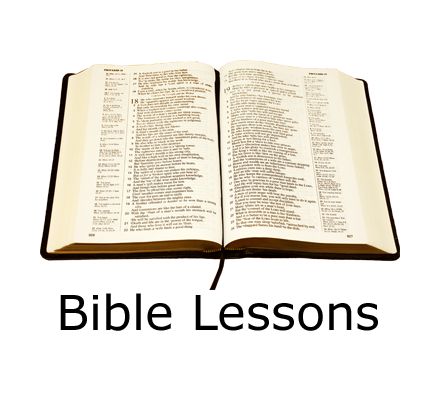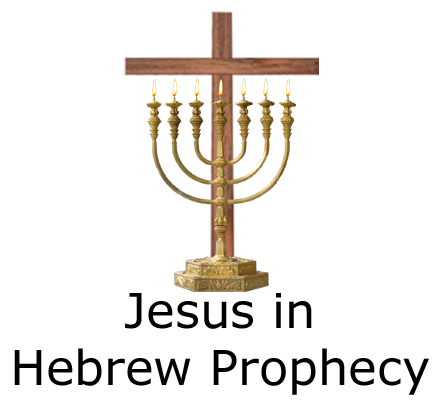“Tenants, Son and Stone” Matthew 21:33-46 Bible Study 04/02/17
This morning we will examine a pivotal parable from the lips of Jesus during the closing days of His earthly ministry. It offers both strong admonition and strong assurance for those who take it seriously.
I. Background/Context
-after triumphal entry
-last week of the earthly ministry of Jesus
II. The Master’s Activity (33)
-plants
-protects
-provides
III. The Abuse of Servants (34-36)
-beaten
-killed
-stoned
IV. The Abuse of the Son (37-39)
-out of the vineyard: Hebrews 13:12
-killed
V. Application (40-46)
-God’s intention to exalt His Son means swift judgment for those who reject Him and great security for those who receive Him.
-understanding of the hearers
-connection to Isaiah 5:1-7: Israel as vineyard
-connection to Psalm 118:22-23: used at Passover
-perception of religious leaders
-Cultivate holy fear. There is a heaven to be gained and a hell to be shunned.
-“Be Thou My Vision…” (Byrne)












